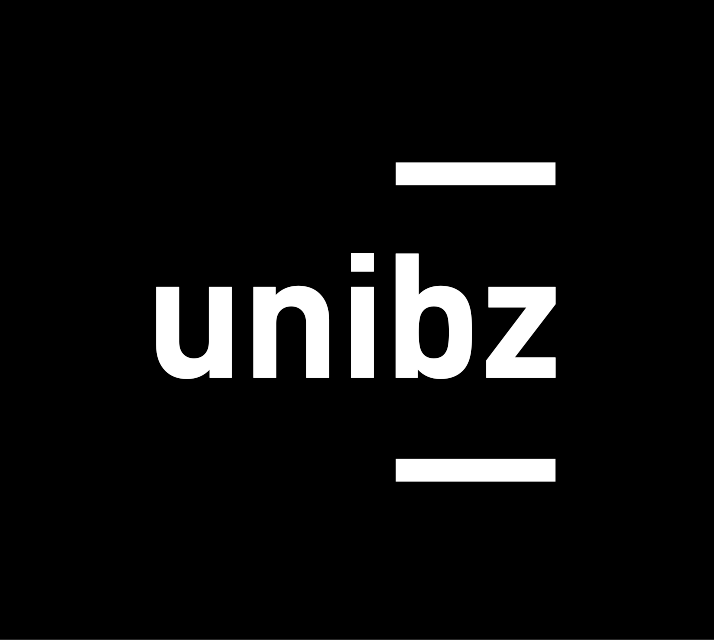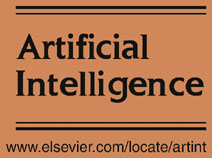Workshops
Double View But Single Vision? Tracing Artistic Internet Browsers
Time and Location: Monday, full-day, June 27@F6, unibz Design Faculty.
Website: https://kg.ikb.kit.edu/hinterwaldner/3064.php
Description: The workshop introduces participants to challenges and experimental approaches in documenting artistic internet browsers that co-create the course of navigation with the user. These non-conventional browsers are hard to document and understand, requiring a custom toolkit that would allow to grasp the creativity enabled by the software. We introduce this fascinating genre of net art and their explicit alternatives to the dominant page metaphor, emphasising that these coded visions nevertheless remain functional browsers. The organisers provide an overview of existing documentation methodologies and introduce participants to the results of internal methodological experiment conducted in 2021. The whole group then conducts a comparison between an artistic and a commercial browser that goes beyond their technical parameters and is later visualised. The organisers provide a portfolio of browsers to choose from. The main outcome is a small exhibition in a gathering zone of the conference that will consist of the workshop results.
Organisers:
Barbara Filser, Institut Kunst- und Baugeschichte, Karlsruher Institut für Technologie
Inge Hinterwaldner (main contact), Institut Kunst- und Baugeschichte, Karlsruher Institut für Technologie
Daniela Hönigsberg, Institut Kunst- und Baugeschichte, Karlsruher Institut für Technologie
Konstantin Mitrokhov, Institut Kunst- und Baugeschichte, Karlsruher Institut für Technologie
The Role of Embodiment in the Perception of Human and Artificial Creativity
Time and Location: Monday and Tuesday, full-day, June 27/28@Kolpinghaus Bolzano.
Website: https://lauramariahherman.wixsite.com/workshopiccc22
Description: In this one-and-a-half-day workshop, we will explore the impact of embodiment on the perception of creativity through a combination of performances by digital illustrators and artists working with generative methods and contributions from researchers interested in the role of embodiment in the judgment of the aesthetic value of an artefact and in the evaluation of the creativity of the process behind its creation. We will consider the philosophical underpinnings of embodiment, humanity, and artistry, welcoming perspectives from disciplines such as philosophy, psychology, visual art, and computer science.
We invite participants from any discipline or department to write short papers (4 pages max) on mechanisms of embodiment and their role in AI-based art. Non-traditional forms of academic research, such as practice-based approaches, are encouraged. Submissions should address the topic of the workshop to some extent, and should be aimed at generating discussion and innovation.
We hope to include contributions to the workshop in the CEUR proceedings.
Please submit your short paper as a PDF attachment in an E-Mail to laura.herman@oii.ox.ac.uk.
Relevant dates:
Submissions due: May 2nd, 2022
Acceptance notification: May 13th, 2022
Workshop dates: June 27-28, 2022
Organizers:
Laura Herman, Oxford Internet Institute – laura.herman@oii.ox.ac.uk
Caterina Moruzzi, University of Konstanz – caterina.moruzzi@uni-konstanz.de
Therapeutic Computational Creativity & The Third Hand
Time and Location: Tuesday, June 28@Kolpinghaus Bolzano.
Website: https://maya-ackerman.com/therapeutic-computational-creativity-the-third-hand/
The program will begin with a brief introduction to Therapeutic Computational Creativity, inspired by the notion of the `third hand’ in Art Therapy, and sharing novel findings in this emerging field. The participants will then have a chance to engage with a selection of computational creativity systems, approached from a therapeutic lens. Both individual and group activities will be included. Participants will subsequently be invited to share their experiences interacting with the system and discuss opportunities and new directions in Therapeutic Computational Creativity.
Organizers:
Maya Ackerman, Santa Clara University, WaveAI
Alison Pease, University of Dundee




